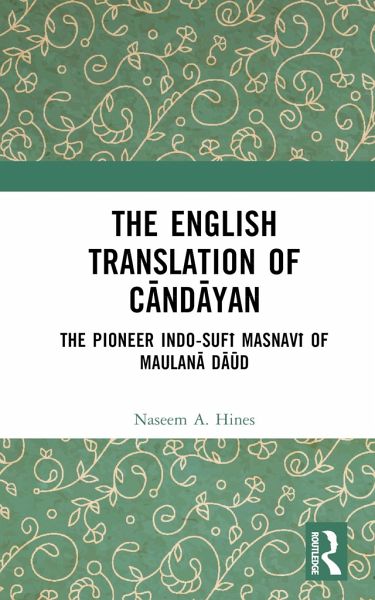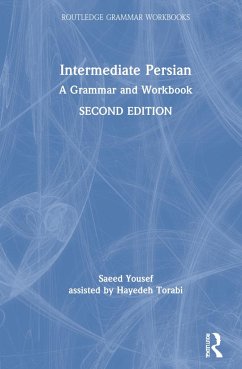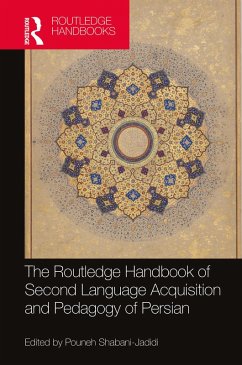
The English Translation of C¿nd¿yan
The Pioneer Indo-Suf¿ Masnav¿ of Maulan¿ D¿¿d
Versandkostenfrei!
Versandfertig in 1-2 Wochen
167,99 €
inkl. MwSt.
Weitere Ausgaben:

PAYBACK Punkte
84 °P sammeln!
This book is the first English translation of C¿nd¿yan, the pioneer work in a long tradition of Indian-Sufi love narratives. The story was adapted from an oral epic Chanaini, popular in the Awadhi speaking region of north India in the fourteenth century. The early manuscripts of C¿nd¿yan, though composed in the Awadhi dialect, were recorded in the Persian script. Each stanza-like unit is introduced by a phrase or sentences in the Persian language style, making it necessary for a reader to know the Persian script and language, as well as the Awadhi dialect. This somewhat limits the access t...
This book is the first English translation of C¿nd¿yan, the pioneer work in a long tradition of Indian-Sufi love narratives. The story was adapted from an oral epic Chanaini, popular in the Awadhi speaking region of north India in the fourteenth century. The early manuscripts of C¿nd¿yan, though composed in the Awadhi dialect, were recorded in the Persian script. Each stanza-like unit is introduced by a phrase or sentences in the Persian language style, making it necessary for a reader to know the Persian script and language, as well as the Awadhi dialect. This somewhat limits the access to fully explore C¿nd¿yan. In addition to this, the esoteric interpretation, which is the distinguishing feature that gives the Indian-Sufi masnav¿ literature its unique identity, was also not yet realized. C¿nd¿yan deserves to be celebrated and recognized because it marks the beginning of the indigenizing process of the masnav¿ in India, and served as a model for this literary genre for the next 540 years. A serious study of Maulana Daud's C¿nd¿yan, composed in 1379, in the reign of Firoz Shah Tughlaq, did not begin until well into the twentieth century because only a few pages of its manuscript folios were discovered at a time, in various academic institutions and museums around the world. C¿nd¿yan is a fascinating study of the blending of the features of the Persian masnav¿ with the features of the Hindi prem¿khy¿n narratives and the features of the medieval Jain literature. Even today, annually in the Mahakoshala region C¿nd¿yan is presented in the form of drama and in the folk-song and play forms. Print edition not for sale in South Asia (India, Sri Lanka, Nepal, Bangladesh, Pakistan and Bhutan)














